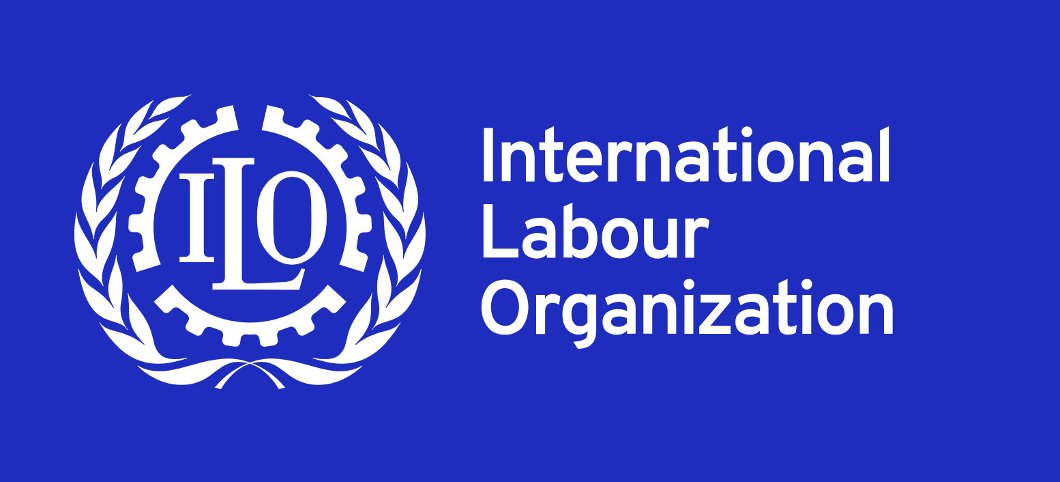
International Labour Organization
The International Labour Organization (ILO) is one of the oldest international governmental organizations (founded in 1919), characterized by its unique tripartite structure (governments - employers - workers) and primarily focused on the development of labour standards in close connection with universally recognized human rights standards.
The International Labour Organization (ILO) is one of the oldest international governmental organizations (est. 1919), now a near-universal specialized agency of the United Nations dedicated to the development and promotion of standards for national legislation to protect and improve working conditions and living standards, including monitoring compliance. The ILO is unique in its tripartite structure: member states are represented not only by delegates from their governments, but also by delegates representing employers and employees. In 1969, it was awarded the Nobel Peace Prize for its work.
The ILO also provides technical and development assistance, including in the areas of social policy, administration and workforce training. The ILO promotes cooperation between organizations in various areas of economic activity; compiles labour statistics and conducts research on social problems at the level of international competition, unemployment and underemployment, the relationship between labour and industry, technological change (including automation), and helps protect the rights of migrants, particularly with regard to their equal access to the labour market and labour law protection.
The ILO Declaration on Fundamental Principles and Rights at Work, adopted at the 86th ILO Conference on Migrant Workers. Core Labour Standards:
- - Freedom of Association and Protection of the Right to Organise Convention, 1948 (No. 87)
- - Right to Organise and Collective Bargaining Convention, 1949 (No. 98)
- - Forced Labour Convention, 1930 (No. 29)
- - Abolition of Forced Labour Convention, 1957 (No. 105)
- - Minimum Age Convention, 1973 (No. 138)
- - Worst Forms of Child Labour Convention, 1999 (No. 182)
- - Equal Remuneration Convention, 1951 (No. 100)
- - Discrimination (Employment and Occupation) Convention, 1958 (No. 111)
Czechia has consistently fulfilled its obligations under all ILO Conventions it has ratified. The Czech Republic has funded various projects in countries such as Serbia (socially responsible restructuring through social dialogue and social financing), Moldova (strengthening labour market governance through improved gender-sensitive employment policy design, monitoring and evaluation) and Mongolia (promoting livelihoods for persons with disabilities: better skills for employability and policy implementation).
More information on the ILO website.

